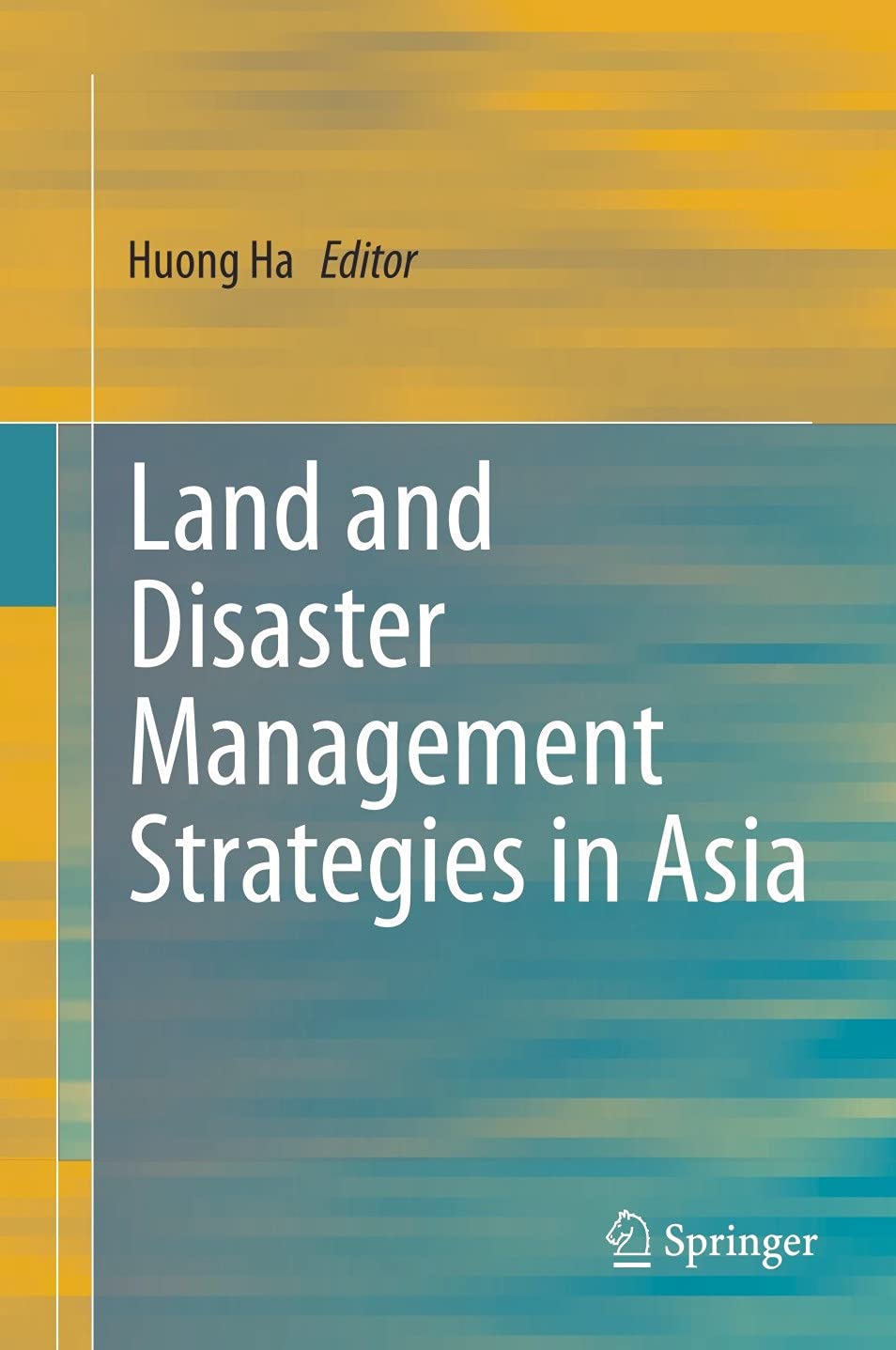LAND AND DISASTER MANAGEMENT STRATEGIES IN ASIA
LAND AND DISASTER MANAGEMENT STRATEGIES IN ASIA is backordered and will ship as soon as it is back in stock.
Couldn't load pickup availability
Genuine Products Guarantee
Genuine Products Guarantee
We guarantee 100% genuine products, and if proven otherwise, we will compensate you with 10 times the product's cost.
Delivery and Shipping
Delivery and Shipping
Products are generally ready for dispatch within 1 day and typically reach you in 3 to 5 days.
Book Details
-
Author/Editor: Huong Ha (ed.)
-
Publisher: Springer
-
Language: English
-
Edition: 2021
-
ISBN: 9788132239734
-
Pages: 318
-
Cover: Hardcover
-
Sale Territory: India Only
About the Book
This important volume addresses the growing challenges of land use and disaster governance across Asia, a region increasingly vulnerable to natural disasters such as floods, cyclones, droughts, typhoons, and earthquakes. As land use patterns shift due to urbanization, coastal development, population pressures, and consumer-driven growth, the risks and impacts of these disasters have multiplied significantly.
Divided into three key parts—Land Management and Food Security, Disaster Management, and Public Education and Related Issues—this book presents an in-depth, multi-disciplinary perspective on how governance mechanisms and policy reforms can strengthen resilience in Asian societies.
In the first part, contributors explore the intersection of land reforms and sustainable development with examples from Kerala (India), Pakistan, and Malaysia. The second part focuses on risk management and disaster response in contexts like Bangladesh, Diu Island, and Singapore, while also highlighting gaps in disability inclusion, administrative planning, and community vulnerability. The final section emphasizes public education, indigenous ecological knowledge, participatory governance, and peacebuilding approaches as crucial for long-term climate adaptation and resilience.
By blending empirical research with policy-oriented analysis, this volume offers actionable insights for policymakers, academics, civil society organizations, and disaster management professionals. It advocates for novel, community-centric, and ecologically informed strategies to reduce disaster risk and ensure food and human security.
This book is essential reading for those working in development studies, climate policy, governance, land management, and disaster resilience in the Asian context.





